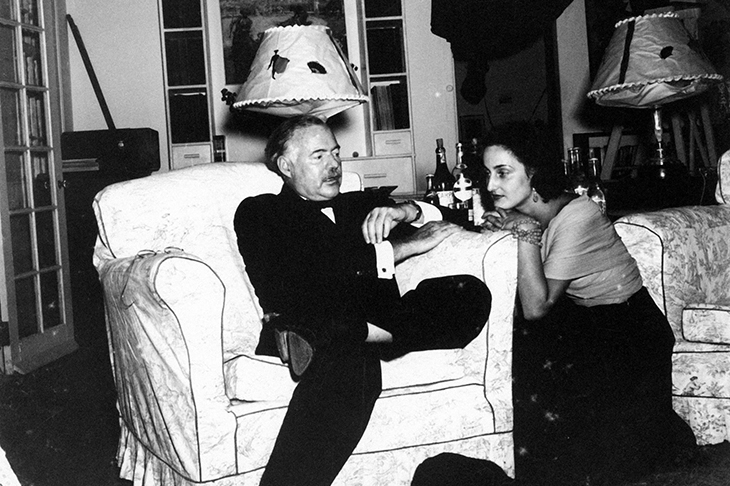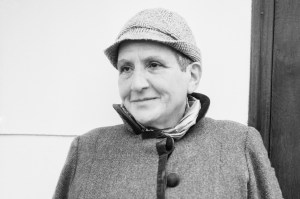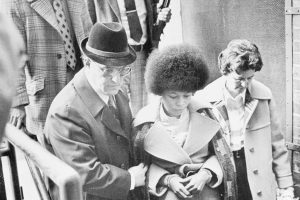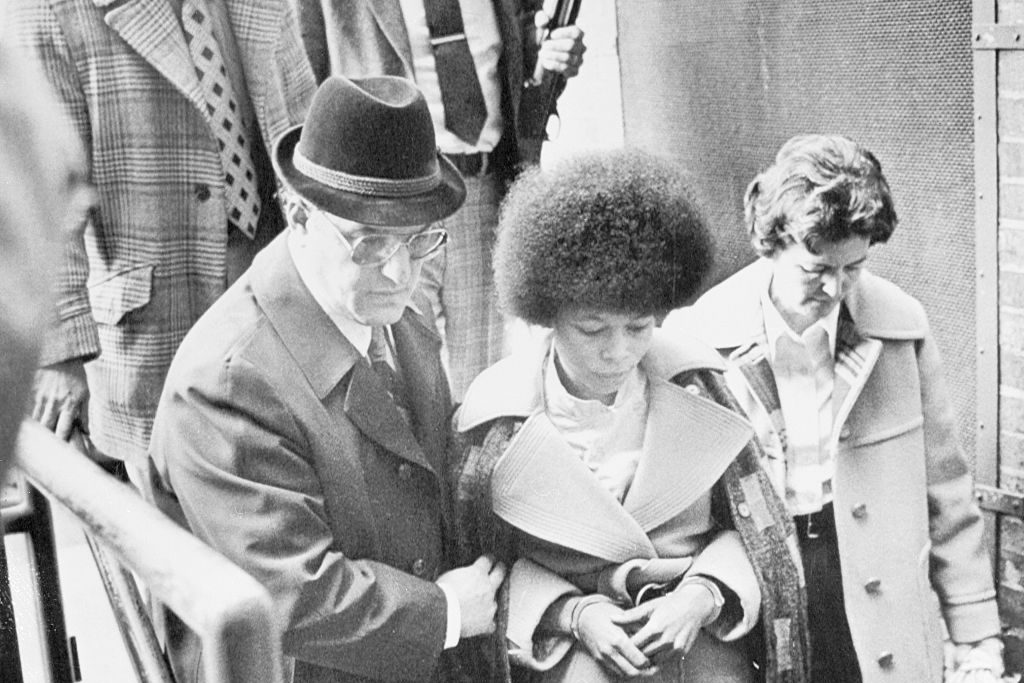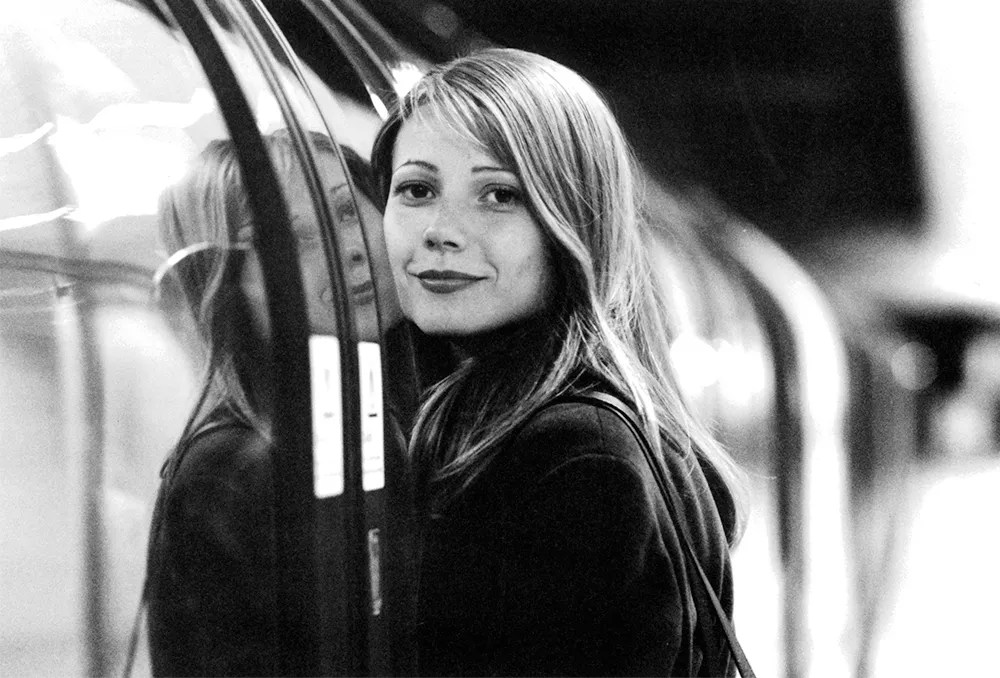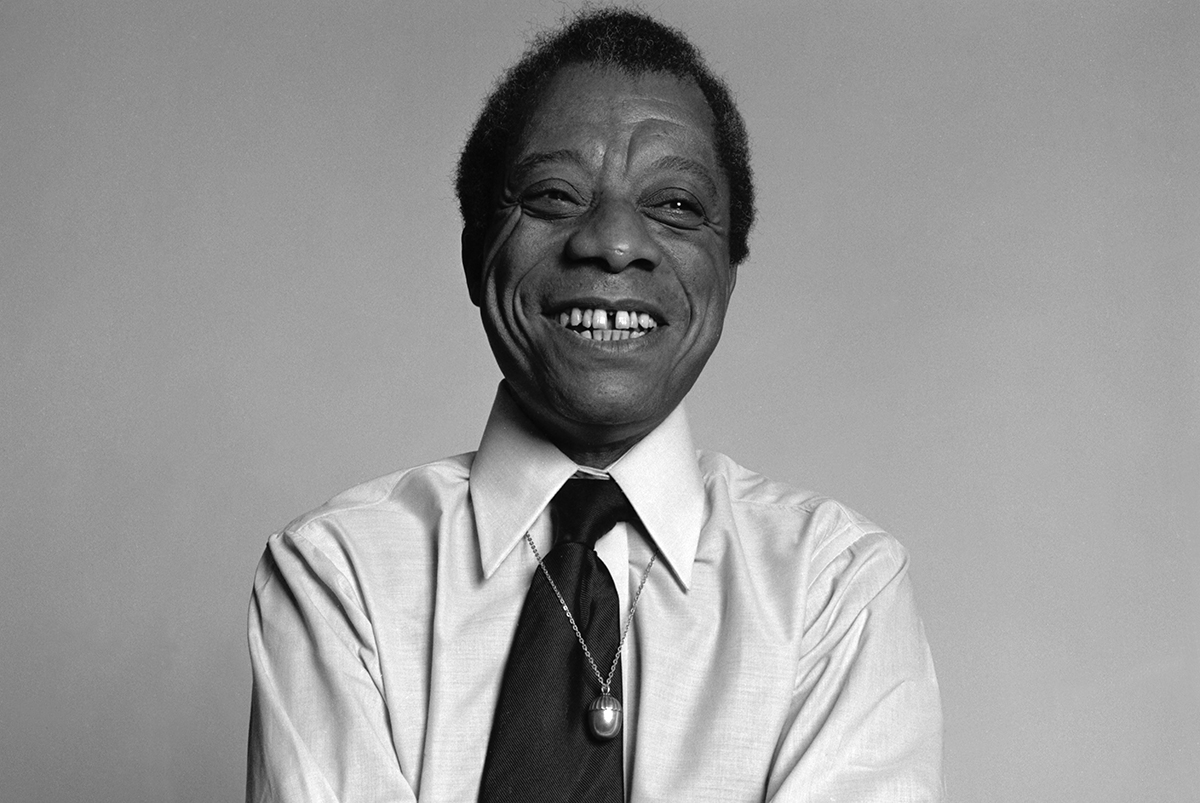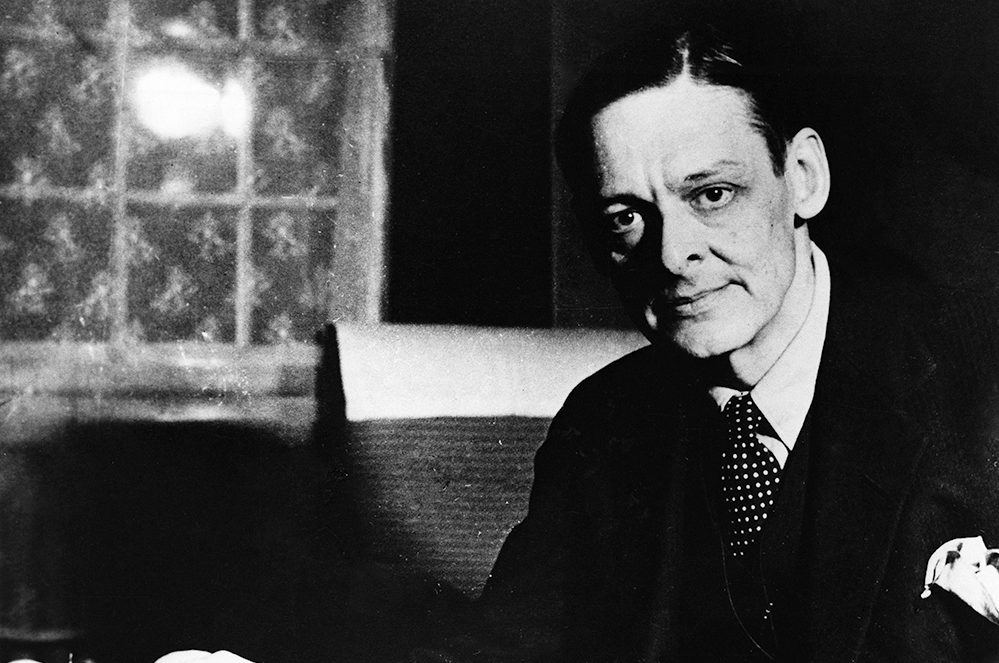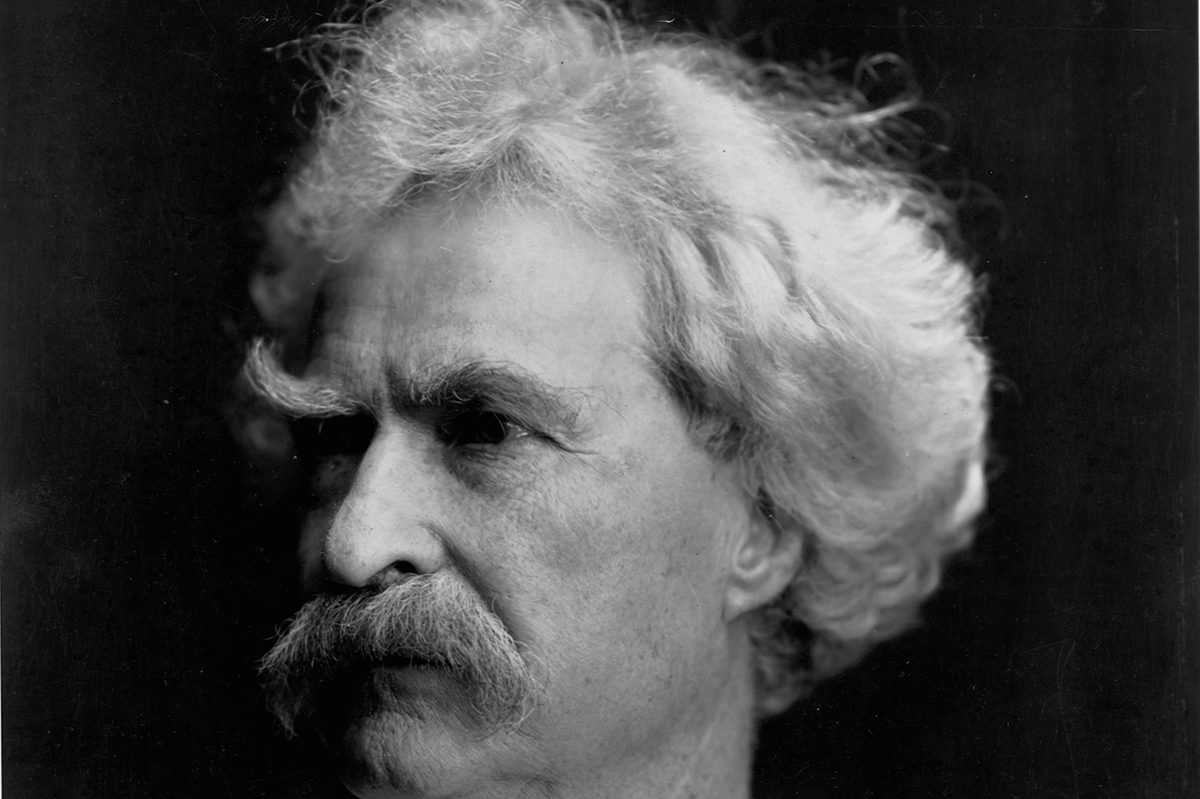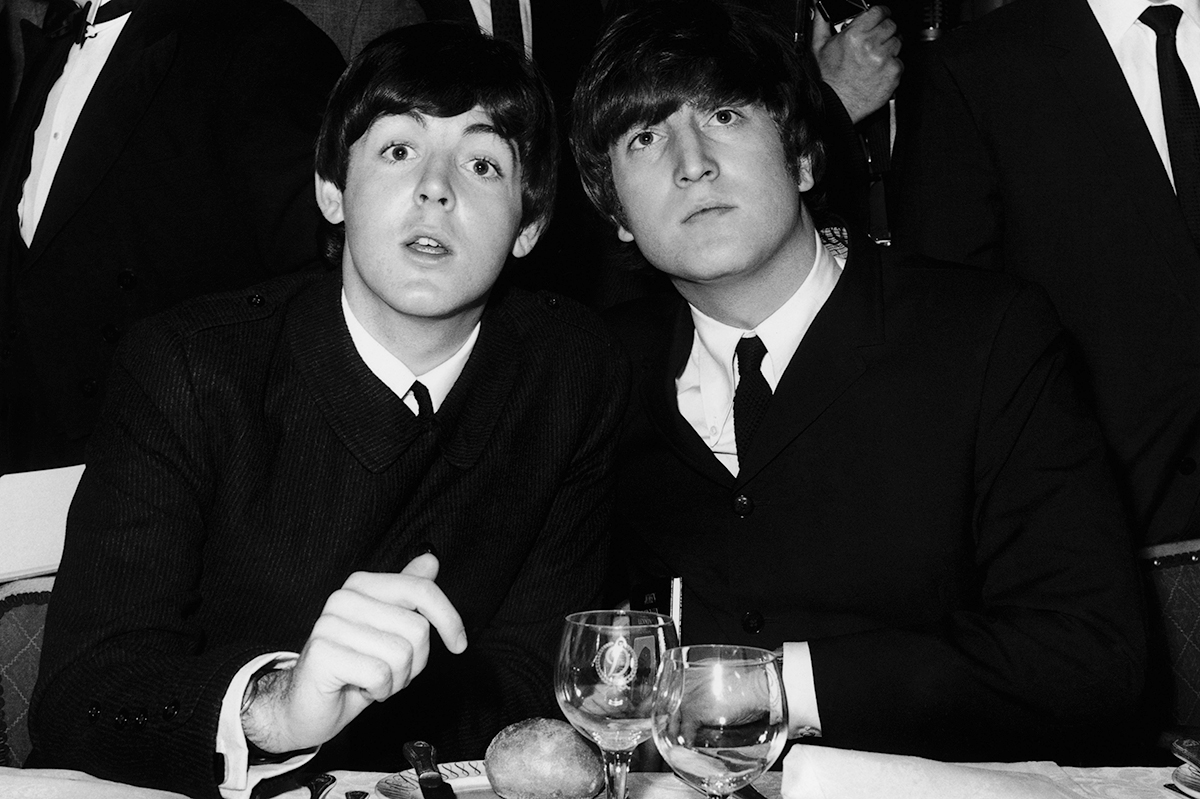One rainy evening in December 1948, a blue Buick emerged from the darkness of the Venetian lagoon near the village of Latisana and picked up an Italian girl — 18, jet black wet hair, slender legs — who had been waiting for hours at the crossroads. In the car, on his way to a duck shoot, was Ernest Hemingway — round puffy face, protruding stomach and, at 49, without having published a novel in a decade, somewhat past his sell-by. He apologised for being late, and offered the rain-sodden girl a shot of whisky which, being teetotal, she refused.
So did Papa, that ‘beat-up, old-looking bastard’, encounter the siren he called ‘my last and true love’: Adriana Ivancich, a mingling of Lolita and Tadzio, who appeared to him ‘as fresh as a young pine tree in the snow of the mountains’ and who went on to serve as Hemingway’s regenerative muse for his remaining 12 years. ‘It was just something that struck me like lightning.’
Of books on Hemingway there is no end. The author of this one has some skin in the game. His great-uncle was a drinking buddy of Hemingway in Venice, and his aunt was the dedicatee of Hemingway’s story ‘The Faithful Bull’. Plus, growing up near Adriana in southern Tuscany, Andrea di Robilant later met her, by then more than partial to whisky, subdued, with a melancholy gaze, and ‘struggling with depression’ — like not a few who entered Hemingway’s destructive orbit. He may have liberated English prose from mandarins such as Henry James and Edith Wharton, but he sure as heck manacled the hearts of those he tried to love. ‘Women frightened him,’ his third wife Martha Gellhorn used to tell me, by the by declaring that he was also ‘insane’ and a rotten lover. ‘He wasn’t talented for intimacy.’
Hemingway was in Venice by accident. He had travelled from his home in Cuba with his fourth wife Mary, and the Buick, to spend the summer touring ‘Cézanne country’, but they had ended up in Genoa after their ship developed rudder trouble and was forced to by-pass Cannes. In Italy, old memories and wounds revived. Thirty years earlier, when the same age as Adriana, he had been hit by a mortar shell at Fossalta. Mary wrote in her diary: ‘Papa’s old foot wound has opened up wide again.’
Swiftly reduced to the status of ‘ghost-wife’, Mary was compelled to watch the excruciating spectacle of her sozzled husband padding after Adriana ‘like a puppy’. He calls Adriana ‘daughter’ (‘You are my true and only daughter’), and invites her into a gondola to exchange ‘mistakes’ (their code for kisses). As the author limply puts it: ‘Although they probably did not go beyond kissing and cuddling, their intimacy certainly invited speculation about a sexual relationship.’ Within a short time, Hemingway credits Adriana (who does not speak much English) with the late-flowering of his creative juices: ‘When I see you and I am with you I feel I can do anything and I write better than I can write.’ Hmmm.
Wyndham Lewis blamed Gertrude Stein for making a clown of Hemingway by teaching him her ‘baby talk’, the result being that Hemingway
invariably invoked a dull-witted, bovine, monosyllabic simpleton, a lethargic and stuttering dummy… a super-innocent, queerly sensitive village idiot of a few words and fewer ideas.
Nowhere is that description truer of Papa than in his relationship with Adriana, which seldom rises above the level of a Trump tweet. His letters to her are as rambling and incoherent as hers to him. She writes: ‘I whould [sic] have so many things to say to you that I prefer to skip them all.’ And again: ‘Put your eye glasses on and look at me streat [sic].’ Yet dumbfounded by her ‘rapier wit’, he urges Adriana to write poetry (which Mondadori will publish) — ‘In the interior of the island of Cuba/the earth is red/red’ — and to draw the cover illustrations (which Scribner will publish) for the two novels that he starts with Adriana at his side, Across the River and into the Trees and The Old Man and the Sea.
Not deserving to stand on the same shelf as Lolita or Death in Venice, Across the River is a direct transcription of Hemingway’s embarrassing middle-aged infatuation with a girl whose dialogue, according to Mary, was ‘banal beyond reason’. Autumn in Venice goes some way to explain why that novel, which in all seriousness he considered ‘a helluva book’, if not his best, is quite so fascinatingly atrocious, and, in the estimation of the critic Maxwell Geismar, ‘a synthesis of everything that is bad in his previous work’.
Di Robilant’s portrait is of a once-great writer getting ‘awfully dreggy at the end’ —like the two bottles of Valpolicella that he took to bed each night. Without Adriana to leaven him, he becomes, back in Cuba, cantankerous, egotistical and moody, until she arrives with her mother on a hugely anticipated visit. Caught in this steamy ménage, Mary retaliates by developing an ‘intimacy’ with Adriana’s brother Gianfranco — who for several months had been sponging off Hemingway at the Finca Vigía. Furious at his wife’s dalliance, Hemingway shoots out a light on the verandah, throws her typewriter to the ground, hurls a glass against the wall, ‘leaving a large purple stain’, smashes an ashtray and spits in her face.
Nor, despite infecting everyone with his ‘writing bug’ and encouraging Gianfranco to become a novelist, does Hemingway show any greater sensitivity towards other authors. Adopting a pugilistic stance, he rubbishes as unreadable John Dos
Passos, Irwin Shaw and William Faulkner. ‘Am now trying to knock down Mr Shakespeare on his ass… I beat Mr Turgenev. Then I trained hard and I beat Mr de Maupassant.’
When he does meet a bona fide heavyweight champion in the flesh, Scarabellini, who worked at the Venice slaughterhouse, Hemingway at once throws in the towel. ‘Hey! Hey! You win. Stop! Stop!’ Gellhorn said to me: ‘He wanted every other writer dead. So far as he was concerned, there was only him.’
When James Jones’s From Here to Eternity reached No.1 on the New York Times list, Hemingway warned their mutual editor Charles Scribner: ‘Things will catch up with Jones and he will probably commit suicide.’ In the event, it was Hemingway who killed himself, his last words being the refrain of a song picked up in Venice 12 years earlier, ‘I am a dark-headed woman, a dark-headed woman…’ As for Adriana, her marital prospects damaged by slanderous gossip concerning their relationship, she hanged herself from an olive tree in 1983.
A teacher of creative writing, di Robilant faces the challenge of marrying his own style (‘the blue Buick gleamed like a captive mermaid’) with the salty plainspeak and spare cadences of his subject. His prose sometimes reads like mayonnaise spread on an anchovy. He has curious solecisms for a nobleman au fait with the Veneto. He believes that the bell tower of the basilica on Torcello is a ‘steeple’ and that Duff Cooper was an Hon. (he was a Sir). But he has allowed me to understand Martha Gellhorn’s answer when I asked her of Hemingway: ‘What did you feel when he killed himself?’
‘Nothing.’
This article originally appeared in The Spectator magazine.



